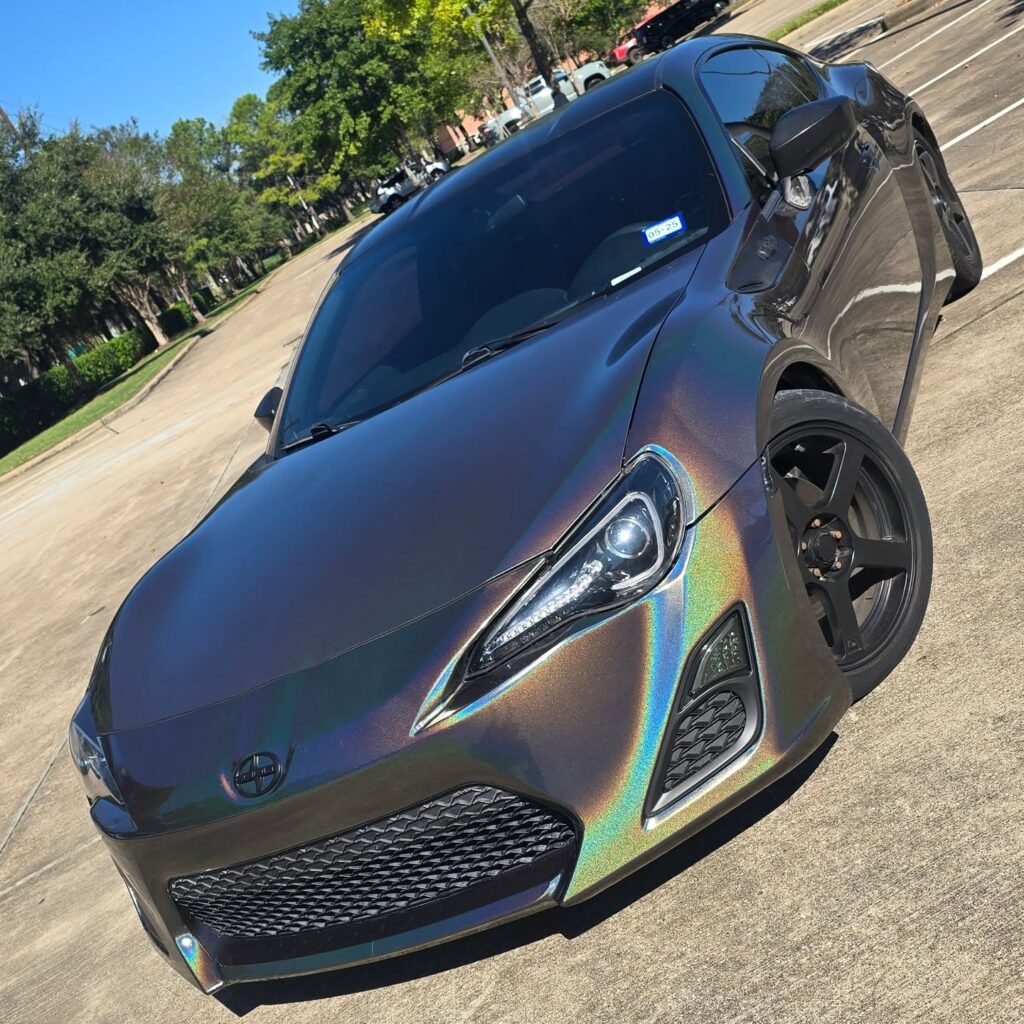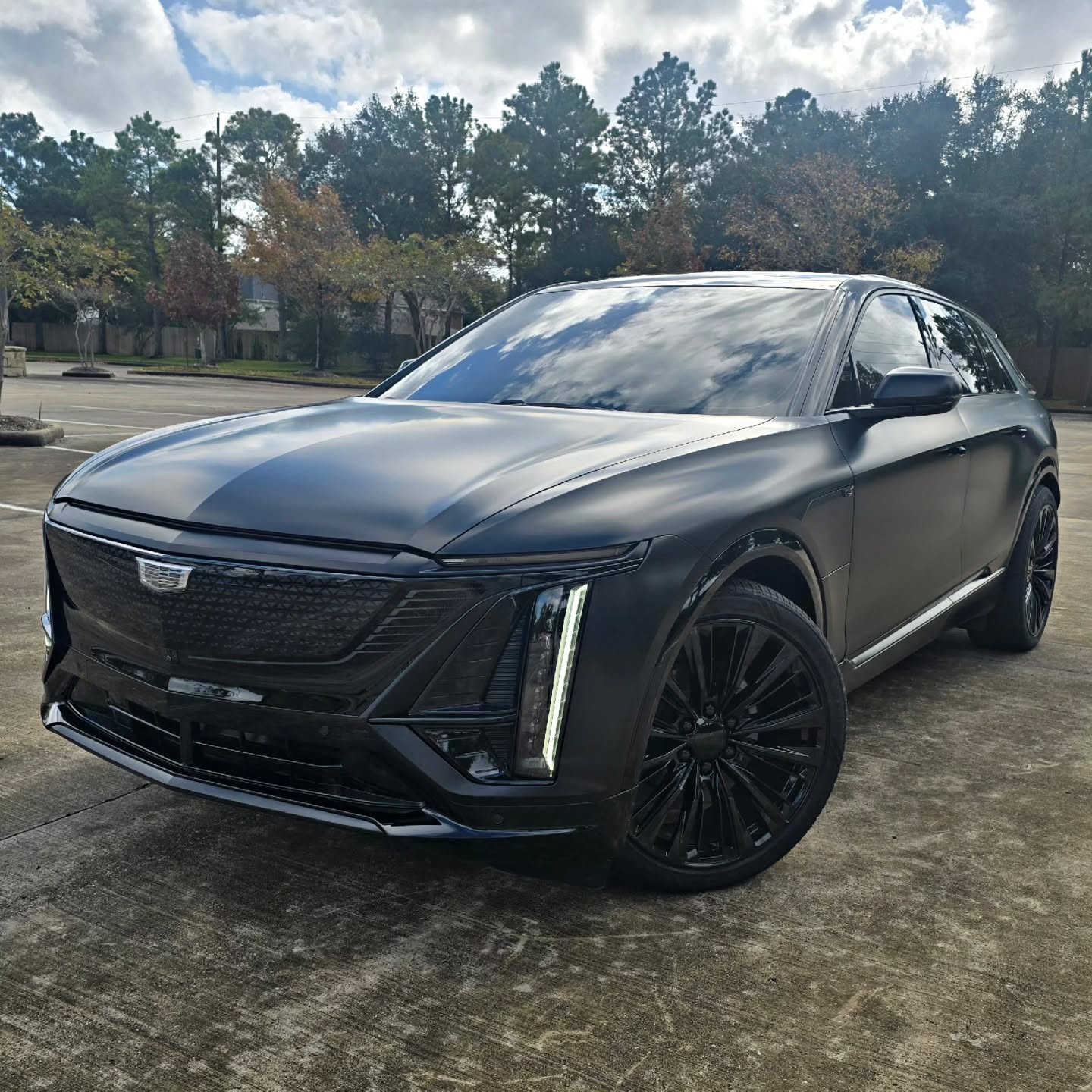If you’ve been eyeing a fresh wrap for your ride—whether it’s a sleek satin black, a wild color-shift chrome, or a branded wrap for your business—there’s one concern that always fires up the group chat:
“Is this going to tank my resale value?”
Fair question. Customizing a vehicle can go either way in the eyes of future buyers. Some upgrades boost appeal and value, while others scare buyers faster than a sketchy Carfax report. A wrap sits somewhere in the middle—but here’s the twist: depending on how you do it, it can actually protect and even increase resale value.
Let’s break it down like a pro (no fluff, no myths).
First Things First: What Exactly Is a Wrap?
A wrap is a removable vinyl or liquid-applied coating that changes the color, finish, or design of a vehicle without permanently altering the factory paint. Think of it as clothing for your car—bold, stylish, and preferably tailored by someone who knows what they’re doing.
Wraps fall into a few categories:
- Full Color Change Wraps – Transform the entire exterior
- Partial Wraps – Hood, roof, mirrors, accents
- Commercial or Fleet Wraps – Branding, logos, business designs
- Liquid Wraps – Spray-applied removable coating
- Specialty Wraps – Chrome, color-shift, textured, matte, satin, carbon fiber
Now, does dressing your car in a new “outfit” help or hurt when it’s time to sell?
Let’s get into the resale math.
The Short Answer: A Wrap Can Increase Resale Value — If Done Right
A wrap isn’t like slapping a tribal tattoo on your car and praying the next buyer shares your taste. When executed professionally, wraps come with built-in advantages that many buyers love:
✔️ Paint protection
✔️ Reversible customization
✔️ Modern aesthetic appeal
But—and there is a “but”—poorly installed or low-quality wraps can absolutely boomerang and hurt resale. So the real question isn’t “do wraps affect resale?” It’s “what determines whether a wrap helps or hurts?”
How a Wrap Can Help Your Vehicle’s Resale Value
1. It Protects the Factory Paint (Your #1 Resale Asset)
Factory paint is like a vehicle’s original birth certificate—buyers treasure it.
A high-quality wrap acts as a shield against:
- UV sun fade
- Rock chips and scratches
- Road debris
- Light oxidation
- Bird droppings & environmental contaminants
When the wrap comes off, your paint can look years younger than other cars of the same model and mileage.
That alone can bump resale value.
2. Buyers Love the “Like-New Paint” Reveal
Imagine selling your car and peeling the wrap to show factory-fresh paint underneath. That’s the automotive equivalent of removing a phone case after 3 years and seeing not a single scratch.
Buyers see that as:
- Less wear and tear
- Fewer repaint concerns
- Better maintained vehicle overall
And they pay more for vehicles that look well cared for—simple as that.
3. It Can Make Your Car Stand Out (In a Good Way)
A tasteful, elegant wrap can boost desirability. For example:
- Satin gray on a Tesla
- Matte black on a Range Rover
- Nardo gray on a BMW
- Color-shift blues on a sports car
If it elevates the car’s look, you may attract more buyers, especially those hunting for a “clean, customized look” without paying to wrap it themselves.

4. Commercial Wraps Can Boost Business Resale Value
Selling a work vehicle?
A wrap with professional branding shows the van or truck was used in business—not for off-roading or late-night drag racing. Many buyers prefer clean, lightly used fleet vehicles.
Plus, if the buyer is in the same industry? They may keep the wrap.
When a Wrap Can Hurt Resale Value
Let’s keep it real: not all wraps are created equal. A wrap can backfire if:
1. It Was Cheaply Installed
Peeling, bubbling, uneven seams, discoloration—buyers will see a wrap disaster as hiding damage or neglect.
2. It Damaged the Paint During Install or Removal
If an inexperienced installer cuts too deep or the adhesive bonds improperly, the wrap can:
- Peel clear coat
- Chip paint
- Leave stains or glue residue
Buyers run when they smell paint problems.
3. The Design Is… Let’s Call It “Too Personal”
A lime-green chrome wrap with anime characters might be your vibe—but your average buyer? Probably not.
Wild, niche, or heavily personalized wraps generally shrink the buyer pool.
4. It Covered Up Damage
If a buyer assumes you wrapped the car to hide:
- Faded paint
- Accident repairs
- Rust
…you’ll lose trust—and the sale.
Solution? Offer to remove a wrap before selling if it helps reassure the buyer.
The Buyer’s Mindset: What They Really Think About a Wrapped Car
A smart buyer will ask:
- Why did you wrap it?
- Who installed it?
- How long was it on?
- What’s the condition of the paint underneath?
If you can confidently answer these with proof—like invoices, photos, and paint condition—you build trust and value.
Does a Wrap Increase Trade-In Value at a Dealership?
Dealerships rarely add value for the wrap itself. However, they do pay more for:
- Cars with well-preserved factory paint
- Vehicles that show reduced wear and tear
So while they won’t say, “We’ll add $1,000 because it’s wrapped,” they will value the vehicle higher if the wrap prevented paint deterioration.
Should You Remove the Wrap Before Selling?
Depends on the buyer.
Remove the wrap if:
✔ The color is highly personal
✔ The wrap is worn or fading
✔ You’re selling to a dealership
Keep the wrap if:
✔ It’s neutral, classy, and professionally installed
✔ The buyer likes the color and sees it as a perk
✔ You used a protective wrap like PPF or ceramic-coated vinyl
